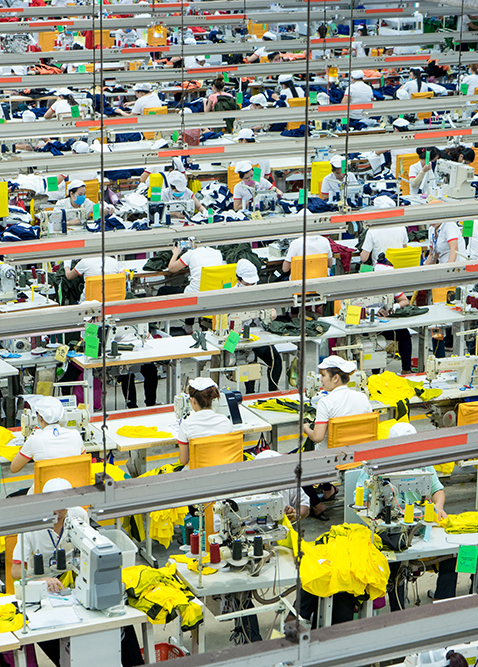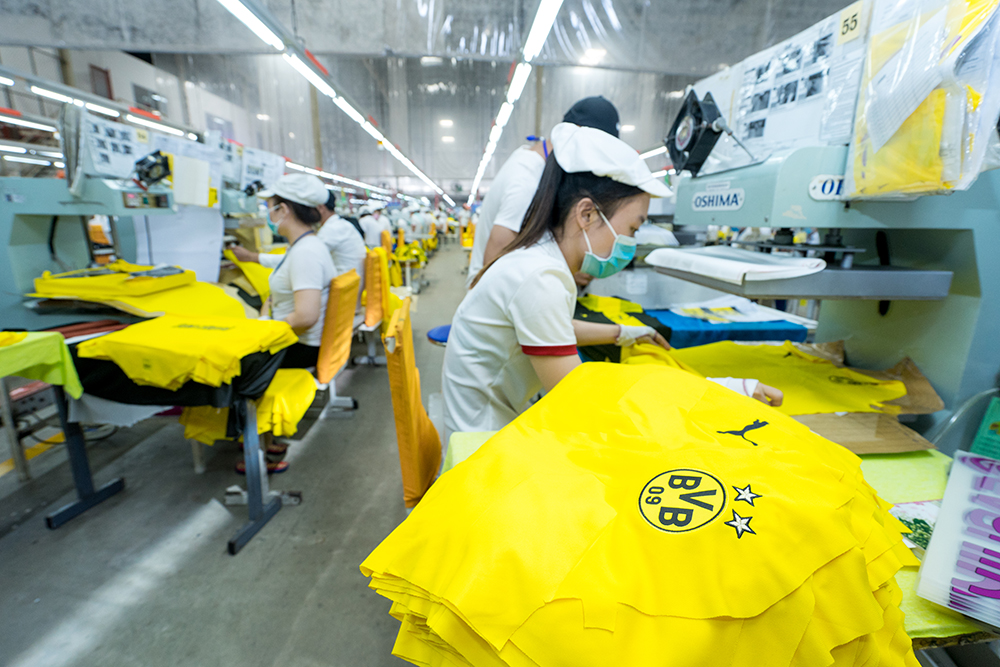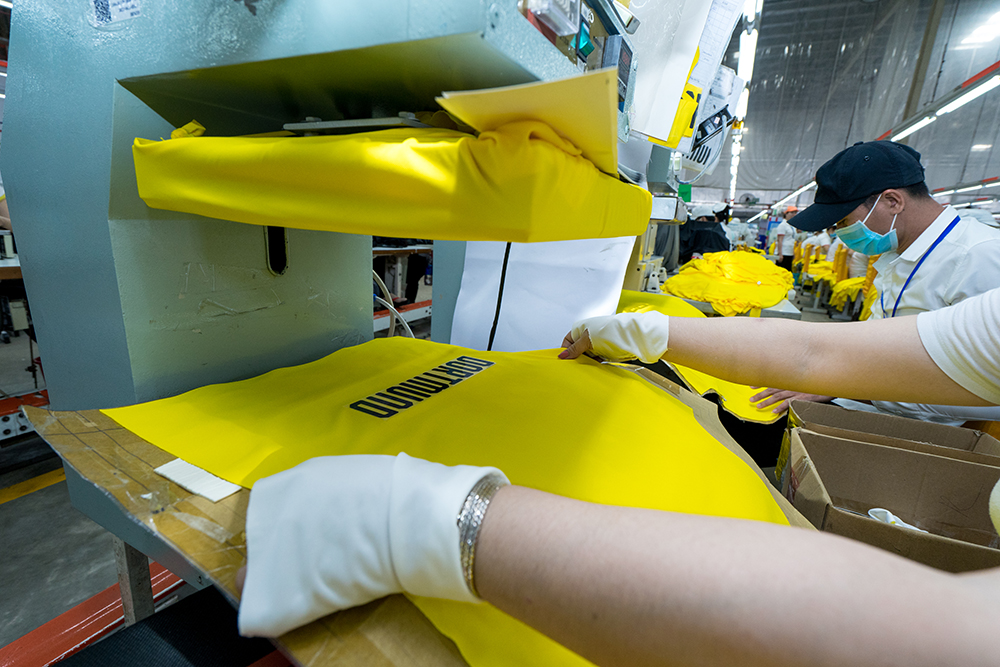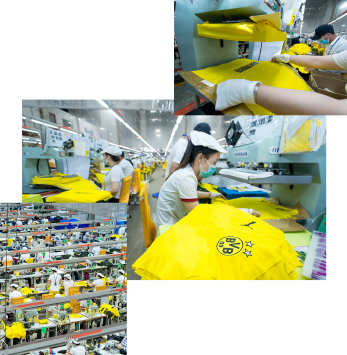
One of the lasting memories of 2019 will be the image of young people taking over the streets to protest the inaction of governments and the industry in the face of climate change. As a company which counts many of these young people among its customers, PUMA cannot idly sit by and do nothing. While we recognize that many problems our industry faces require industrywide solutions, PUMA has made good progress on its sustainability commitments in 2019. Of the ten target areas we set ourselves in 2015 as 10FOR20 Targets we achieved good progress in nine areas, and we will increase our level of ambition in the next cycle until 2025, for example by adding targets on more sustainable products, biodiversity and fair wages as well as protecting the ocean from plastic pollution.
This includes setting a science-based target for our CO2 emissions for the first time. In short, PUMA will reduce its carbon emissions by the amount that scientists say is necessary to keep climate change within the boundaries set out by the Paris Agreement. We believe that one-off sustainable collections are good for reporting purposes but do little to improve the environmental footprint of the company as a whole. That is why we sharply ramped up the use of more sustainable materials, such as Better Cotton and bluesign®-certified polyester in all of our products. As the materials used for our products define more than half of the environmental footprint, this is how we can make an impact at scale, and our customers can rest assured that we are working on improving our sustainability performance throughout our product range.
Beyond the environmental aspects of our sustainability strategy, we have also made progress in improving the working conditions at our suppliers, for example by phasing out recruitment fees for migrant workers at our finished goods manufacturers. In this context, we are encouraged that our social compliance program for PUMA’s vendors and suppliers was once again approved by the Fair Labor Association, of which we have been a member since 2004.
It is not enough to ask our suppliers to treat their workers well, we also have to set the right economic conditions. In 2019, we implemented new standards on how we as a company should treat our manufacturing partners so they can make the improvements of working conditions happen.
To share product-centric and consumer-facing information in a more accessible way, we have partnered with sustainability communication experts Futerra and launched Forever Better, a consumer-oriented website which highlights our sustainability efforts (https://about.puma.com/en/forever-better).
There is still work to be done on our way towards becoming a more sustainable company, be it on climate action, a more circular business model or full supply chain transparency. For the challenges we cannot tackle on our own, we continue to work with our industry peers and suppliers. The latest example of such an industry-wide approach is the “Fashion Pact” initiated by the French government, of which PUMA is a part.
Through such initiatives we can shape a more sustainable future and make sure that our products can also be enjoyed by the next generations of athletes.



